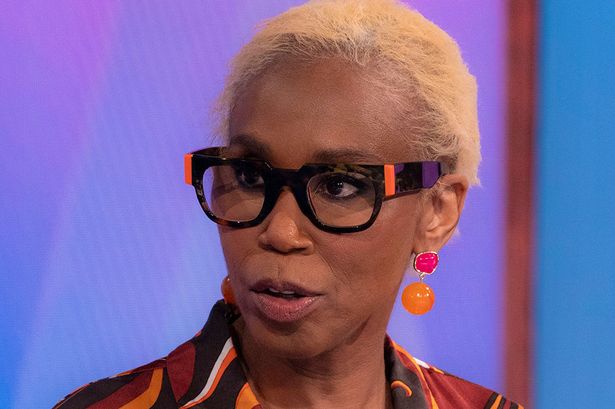- Comments
Dutchman Daan Hoole secured his first Grand Tour stage win as he beat Great Britain’s Josh Tarling in the time trial on stage 10 of the Giro d’Italia in Pisa.
Juan Ayuso finished 22nd, over a minute and half down, but cut UAE Team Emirates -XRG team-mate Isaac del Toro’s lead in the general classification to 25 seconds.
Lidl-Trek rider Hoole finished seven seconds clear of Ineos Grenadiers’ Tarling with a time of 32 minutes and 30 seconds, with British national road champion Ethan Hayter, 26, 10 seconds back on Hoole in third.
Tarling, 21, was the pre-stage favourite after winning the first time trial of the race on stage two, but he was unable to match the performance of Hoole over the 28 kilometre course between Lucca and Pisa on Tuesday.
“I’m so happy and there are so many people I need to thank. I just can’t believe it,” said 26-year-old Hoole, who took advantage of dry roads before torrential rain hampered the later starters, who were the general classification contenders.
Race leader Del Toro of Mexico finished in 37th place, two minutes 22 seconds behind Hoole, but retained the pink jersey.
Briton Simon Yates of Visma-Lease a Bike moved up two places in the standings to fourth after placing 23rd.
Overall race favourite Primoz Roglic of Slovenia, who lost time after a crash on Sunday, finished one minute 15 seconds down on Hoole in 17th place.
Stage 10 results
1. Daan Hoole (Ned/Lidl-Trek) 32mins 30secs
2. Joshua Tarling (GB/Ineos Grenadiers) +7secs
3. Ethan Hayter (GB/Soudal Quick-Step) +10secs
4. Mattia Cattaneo (Ita/Soudal Quick-Step) +23secs
5. Edoardo Affini (Ita/Visma-Lease a Bike) +24secs
6. Jay Vine (Aus/UAE Team Emirates-XRG) +37secs
7. Lucas Plapp (Aus/Team Jayco-AlUla) +44secs
8. Marco Frigo (Ita/Israel-Premier Tech) +47secs
9. Michael Hepburn (Aus/Team Jayco-AlUla) +50secs
General classification after stage 10
1. Isaac del Toro (Mex/UAE Team Emirates-XRG) 34hrs 11mins 37secs
2. Juan Ayuso (Spa/UAE Team Emirates-XRG) +25secs
3. Antonio Tiberi (Ita/Bahrain Victorious) +1min 1sec
4. Simon Yates (GB/Visma-Lease a Bike) +1min 3secs
5. Primoz Roglic (Slo/Visma-Lease a Bike) +1min 18secs
6. Brandon McNulty (US/UAE Team Emirates-XRG) +2mins
7. Adam Yates (GB/UAE Team Emirates-XRG) +2mins 6secs
8. Giulio Ciccone (Ita/Lidl-Trek) +2mins 7secs
9. Richard Carapaz (Ecu/EF Education-EasyPost) +2mins 10secs
Related topics
- Cycling






